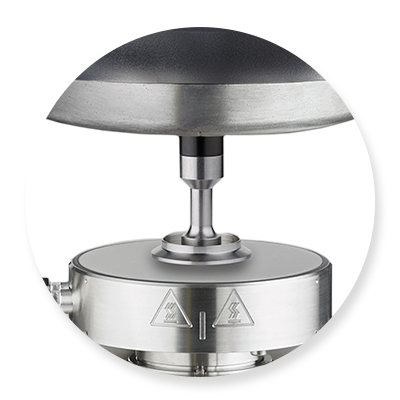Analytical Techniques Used to Gain Insight Needed to Bring Medicine and Technology to Market – Part 3: Theory of DSC and Applications in Lyophilization Processes
Analytical Techniques Used to Gain Insight Needed to Bring Medicine and Technology to Market – Part 3: Theory of DSC and Applications in Lyophilization Processes












